Many of Andrew Jackson’s men settled in Alabama
(written in 1910)
Of the men with (Andrew) Jackson, mustered out just after this affair, (the Creek War) Major William Russell was one. He was Jackson’s commander of scouts; had seen service with him through Talladega, Emuckfau, and Tohopeka, and was, like his chief, a Tennessean. The major settled up in the hill country, among the Chickasaws, away to the north of the Tombigbee, in the county later known as Franklin. He got land from the Indians in a long rich valley.
Following Jackson’s little custom, which, like his grit, seems to have been catching among his men, the major named the country Russells Valley, and the nucleus of the market town he started there he called Russellville. His great lands skirted the edge of the Warrior coal field, and over them, miles on miles, one rode fetlock deep in iron ore. In this region, mines are owned at the present time (1910) by the Sloss-Sheffield Steel and Iron Company and others. It was at the western terminus of Russells Valley that the first blast furnace of Alabama was put up, some years following the earliest settlement, and the first pig iron in the State manufactured.
Discover, Share and help us Preserve our lost and forgotten stories.
Click and See how to Become an Alabama Pioneers Patron
Among the officers and men of the War of 1812, whose descendants became identified, in more or less degree, with the coal, iron, and railroad makings of the State and the upbuilding of the Birmingham District, were
- Joseph Rogers Underwood,
- Martin Tutwiler,
- Thomas C. Rhodes,
- Major Cowan,
- Luke Pryor,
- James W. Sloss,
- Jacob Stroup,
- John R. Gamble,
- Mathias Turner,
- John S. Glidden,
- John Hanby,
- Joseph H. Posey,
- James, Edward, Achilles, and Jonathan. Mahan.
Joseph R. Underwood’s grandsons were William T. Underwood, and Oscar W. Underwood, United States Representative of Alabama. W. T. Underwood established the Mary Pratt Furnace Company in conjunction with De Bardeleben in 1883.
Oscar W. Underwood ca. 1900 (Alabama Department of Archives and History)
Martin Tutwiler served in Virginia in General Cockes’ command. His grandson, Edward Magruder Tutwiler, organized in 1893 the Tutwiler Coal, Coke, and Iron Company, now incorporated in the Birmingham Coal and Iron Company.
Thomas C. Rhodes was Andrew Jackson’s captain of engineers. The night after the battle of New Orleans he slept in the tent with Old Hickory. Captain Rhodes’ grandson Rufus Napoleon Rhodes, founded the Birmingham News, of which sheet he is owner and editor to-day, (1910) and has been identified for over twenty-one years with affairs of the Birmingham District.
Major Cowan was another of Jackson’s officers. Cowan City, the Cowan Division of the Tennessee Coal, Iron, and Railroad Company’s properties, located in Franklin County, Tennessee, is named for him.
Colonel J. W. Sloss (Alabama Department of Archives and History)
Luke Pryor became one of the strong advocates for railroad construction in the South and represented Alabama in the United States Senate. James Sloss’ son, James W. Sloss, was the second president of the South and North Railroad, and was one of the famous group, Milner, Sloss, Aldrich, and De Bardeleben, who established the first permanent and extensive industrial workings of the Birmingham District in the eighteen-seventies and early eighteen-eighties. The companies with which Colonel Sloss was associated, the Oxmoor or Eureka Furnace Company and the Pratt Coal and Coke Company, are owned at the present time (1901) by the Tennessee Company; while the colonel’s individual iron works, the Sloss Furnace Company, is parent stock of the Sloss-Sheffield Steel and Iron Company. Jacob Stroup was the son of a colonial gunmaker, David Stroup. His son, Moses Stroup, built and operated furnaces in Cherokee and Tuskaloosa counties. Tannehill, once his property, is owned to-day by the Republic Iron and Steel Company.
SOURCE
Excerpt from The story of coal and iron in Alabama by Ethel Armes, Pub. under auspices of the Chamber of Commerce, 1910


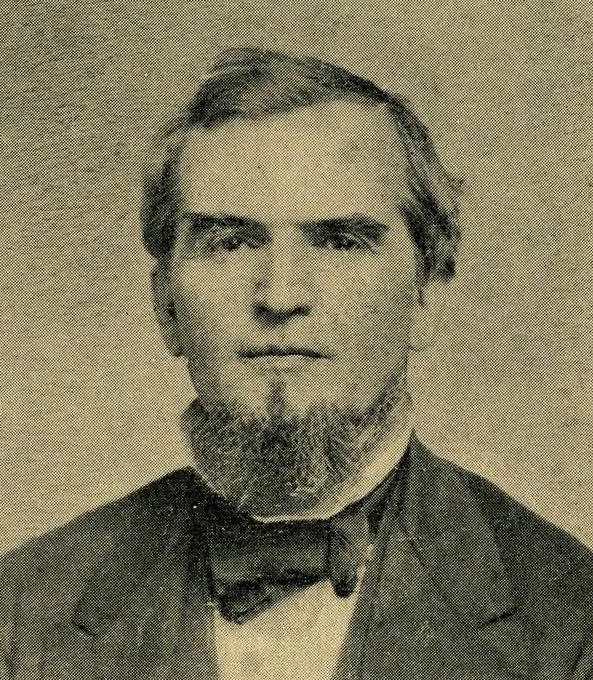
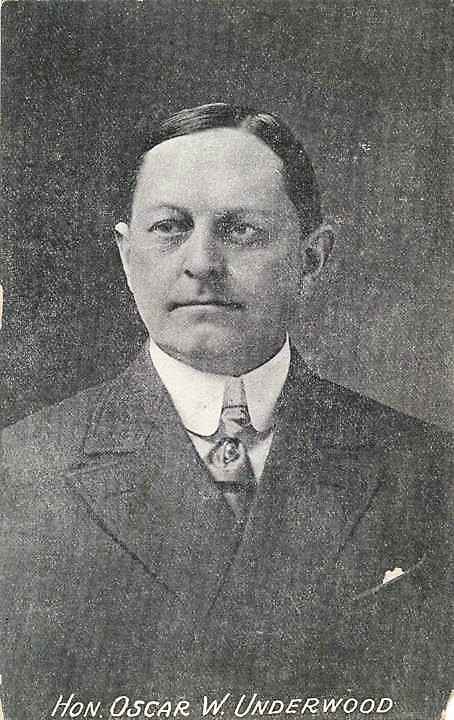
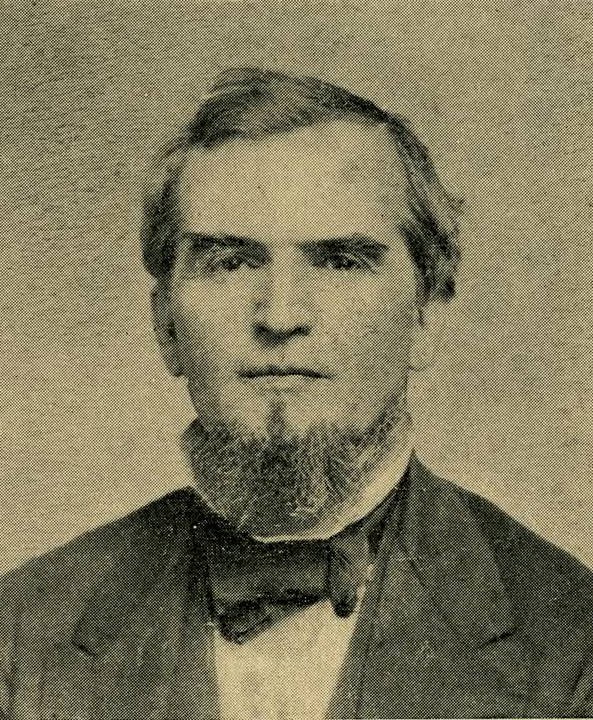
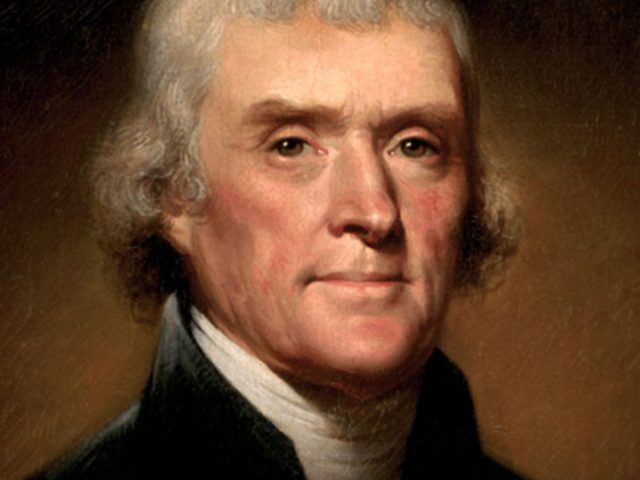
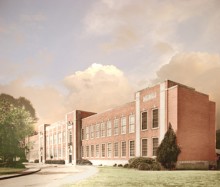
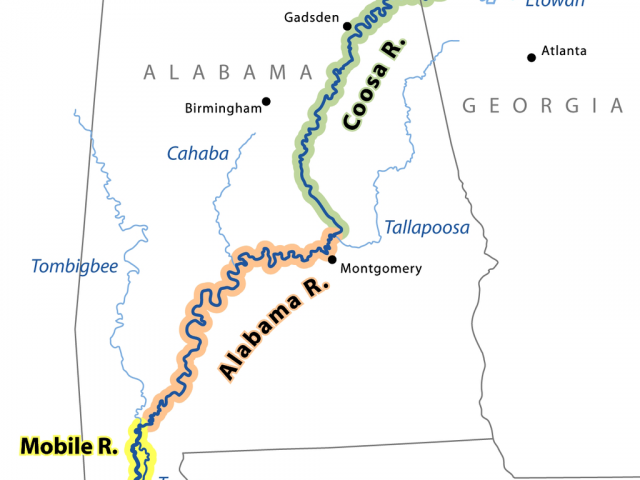
Very interesting!
Interesting! Thanks!